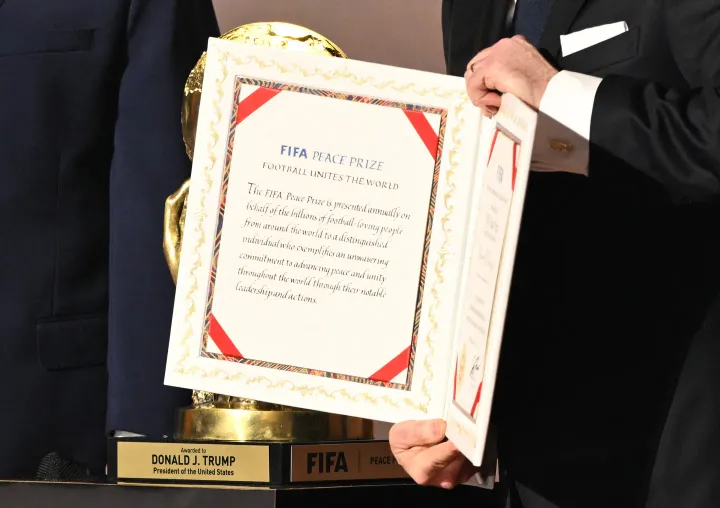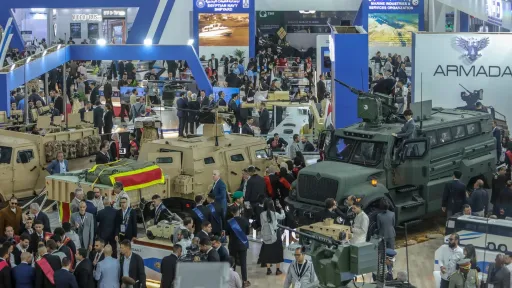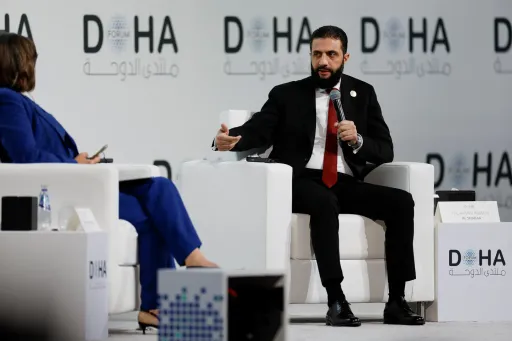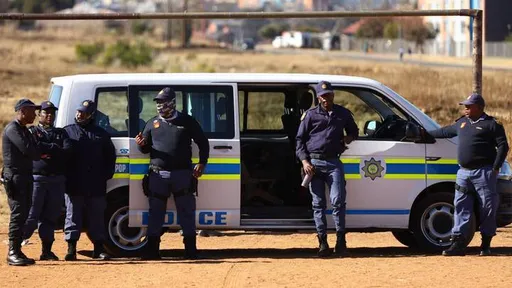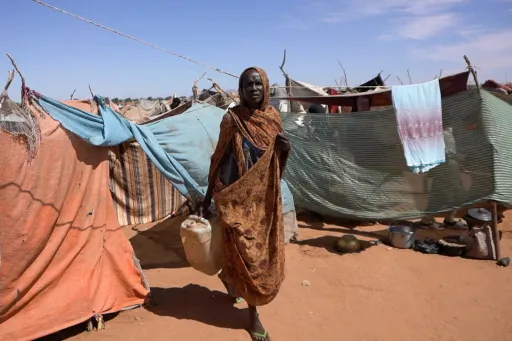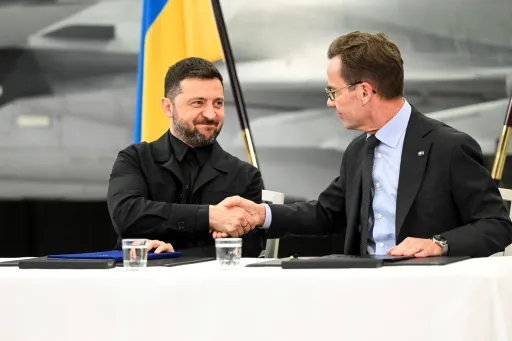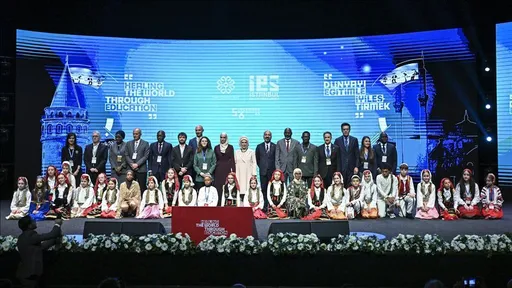By Samantha Ram
Since the overthrow of Mohamed Bazoum in Niger on 26 July, the situation seems to have come to a standstill in Niamey, where the Economic Community of West African States (ECOWAS) has sent several mediators to negotiate a return to constitutional order.
The pressure is mounting as defence chiefs from the regional bloc meet in the Nigerian capital Abuja to take a decision on possible military intervention.
France, Niger’s former colonial ruler, for its part, rejects outright the fall of its main ally in the Sahel. It supports ECOWAS measures against the coup leaders.
The military putschists have accused Paris of also wanting to interfere militarily, an allegation denied by French Foreign Minister Catherine Colonna. France has also evacuated its nationals.
France and the Economic Community of West African States (ECOWAS), are sparing no effort to restore Mohamed Bazoum to the presidency of Niger.
Use of force
Bazoum has not yet resigned, even though the army claims to have overthrown him. He has been detained since 26 July, the date of the coup.
The ECOWAS chiefs of staff are meeting in the Nigerian capital Abuja to take a decision on the issue of using force against the coup leaders.
On 27 July, the sub-regional organisation gave the coup plotters a one-week ultimatum to return to constitutional order. If not, it threatened to take "the necessary measures", specifying that "these measures may include the use of force."
This is a warning that must be taken very seriously, especially as Nigerian President Bola Ahmed Tinubu, had declared when he took office as chairman of ECOWAS at the beginning of July that "we will not allow coup d'état after coup d'état in West Africa"
The case of Niger raises questions including why the ECOWAS decided to use force to re-establish constitutional order while it did not take such on Mali and Burkina Faso.
The stakes are different. The reason is Niger's highly strategic position. It borders Nigeria, which is dealing with Boko Haram insurgency.
Anti-French sentiment
Its geostrategic position makes it an ideal surveillance base in the sensitive area known as the "tripartite borders", an area it shares borders with both Mali and Burkina Faso.
Finally, before the coup d'état, Niger was a strong ally of France, particularly in terms of military strategy in the Sahel. Diplomatic tensions with Bamako and Ouagadougou have forced France to withdraw its troops and strengthen its presence in Niger.
With the departure of Barkhane from Mali and French troops from Burkina Faso, Paris was hoping to revitalise its armed presence in West Africa. The loss of such a strategic ally as Niger calls into question France's military presence in the region.
Apart from the military interests, there are also economic ones. Another major issue is the future of France's nuclear fleet.
Niger is the world's 7th largest producer of uranium. For almost 50 years, France has operated several uranium mines there through the former Areva company, now known as Orano.
The French multinational is concentrating its efforts on starting to exploit the Imouraren deposit in the northeast of the country. Its potential is immense: almost 200,000 tonnes.
Pan-Africanism
According to the European Atomic Energy Community (Euratom), Niger contributed 19% of France's uranium supplies over the period 2005-2020, behind Kazakhstan and Australia, a figure that anti-nuclear experts believe is underestimated.
And the geopolitical context, with the war in Ukraine, inevitably places France in a situation of dependence on energy from Niger and elsewhere. A break with Niger would therefore be hurt the former colonial ruler.
Uranium is a sensitive issue in Niger, where 80% of the population lives in rural areas and access to electricity is very poor.
Sovereigntist and pan-Africanists are also campaigning against continued exploitation of the continent's natural resources by foreign elements.
They are calling for more measures to ensure African populations and businesses benefit better from the resources. Almost 60% of Niger's population lives below the poverty line.
Neighbours' warning
Time seems is against France and ECOWAS. In Niamey, pro-coup protesters rallied denouncing France and any foreign interference and stressing the sovereignty of the country. This is a message the coup leaders would want the citizens to get.
The threat of military intervention by West African countries remains sensitive and complicated as it could be seen as an attack on Niger's sovereignty.
Mali and Burkina Faso, two Niger’s neighbours also under military rule, have already warned against any military intervention on Niger. Moreover, from an operational point of view, military action is proving complex to put in place.
This is because the coup leaders are still detaining the deposed President Mohamed Bazoum. The current situation calls for caution as solutions are being sought.
The author, Samantha Ram, is a freelance journalist and expert on African affairs.
Disclaimer: The viewpoints expressed by the author do not necessarily reflect the opinions, viewpoints and editorial policies of TRT Afrika.



